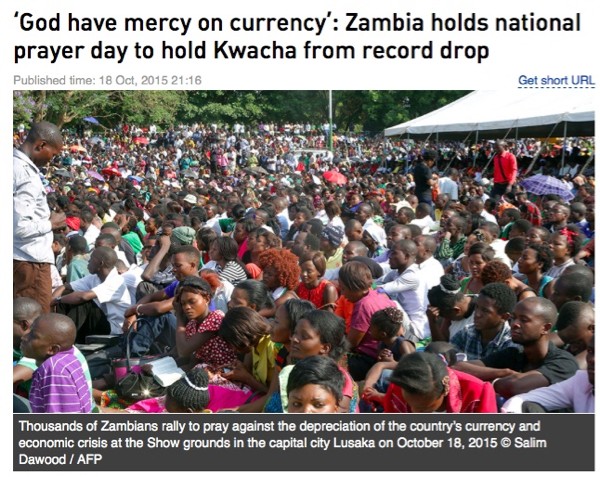Beyond the Bike

We saw three different sides to the smallest country in our Asian odyssey (except Singapore). Firstly, the incredible ruins of the powerful Angkorian Empire that dominated the region 1000 years ago. Secondly, the memorials and stories of the terrible Pol Pot regime only 40 years ago. Finally, a country trying to rebuild itself, trying to escape its recent past and its more powerful neighbours. Our group ride with United World Schools (UWS) really demonstrated how Cambodia is being rebuilt, slowly but surely. Our week with UWS yet again humbled us and made us realise how lucky we are and how important the work they and Beyond Ourselves (in Zambia) is doing.

Our own endurance challenge has opened our eyes to the importance of sustainability in bikes, phones, chocolate, clothes, dragon fruit, toilets… as well as the wider ubiquitous and all important issues of deforestation and drought.

Ethical consumption in the 21st Century: Bamboo Bikes, Divine Chocolate and Fairphones…
Did you know that your smartphone is manufactured using around 40 minerals, often mined in pockets of war-torn Africa such as Eastern Congo whose conflict has seen the greatest number of deaths since WWII? Did you also know that these pocket-sized super-computers can crunch data faster than the (room size) machine NASA used to put the first man on the moon? Very much the the epitomy of the new globalised world that we live in, democratising access to information but can the label of 'fair-trade’ and 'eco-friendly' be added to these gadgets in a similar way to a chocolate bar, or indeed a bamboo bike…?

Half a century ago, Singapore and Zambia had several commonalities: they had recently transitioned into peaceful independence from Britain; they were led by strong men who would hold power for more than two decades and they were dirt poor, with annual GDP per capita around $500 in today’s money. Today, Singapore is the third richest country in the world1, more than 30 times richer than Zambia, its gleaming skyscrapers and efficient infrastructure a stark contrast to the pot holes and dirt roads we experienced in Zambia. Many credit this progress to the late Lee Kuan Yew (or ‘LKY’), Singapore’s Prime Minster until 1990 but well involved in the running of the country until his death last year. His model of ‘benign dictatorship’ certainly worked - perhaps it shouldn’t be ruled out as fast as it in the humanities classrooms in the West…

I’m writing this from the historic city of Malacca in Malaysia, overlooking arguably the most important bit of sea for global trade over the last 1000 years. However, more on this later as I’m reverting in this blog back to Zambia, mainly for teachers and learners focusing on the OCR pre-release. So if you’re not interested in Zambia or teaching OCR this year, feel free to wait for the next update! Having taught the OCR syllabus for 6 years and spent 6 months in Zambia over that period, I thought it would be useful to add some thoughts on the pre-release, linking with Tutor2U’s excellent resource pack. Moreover, if any teachers want to skype me into their classroom, get in touch and we’ll try and sort out a time over the next few weeks!

Kwacha on the run….
I concluded my last blog suggesting that this week I’d be exploring the role of China in Africa using Zambia as a case study. However, my conversations since stepping off the MV Liemba, whether with roadside tomato sellers, farmers, mining executives or indeed Chinese businessmen, haven’t strayed far from the currency. The Kwacha value against the dollar has halved in the last 2 years, with the majority of the depreciation coming in the last 6 months (chart below). And when an economist with more than 40 years experience in Zambia tells you that the underlying economic crisis, caused by a perfect storm of three deficits, is shaping up to be the worst he can remember, the Chinese blog can wait…


